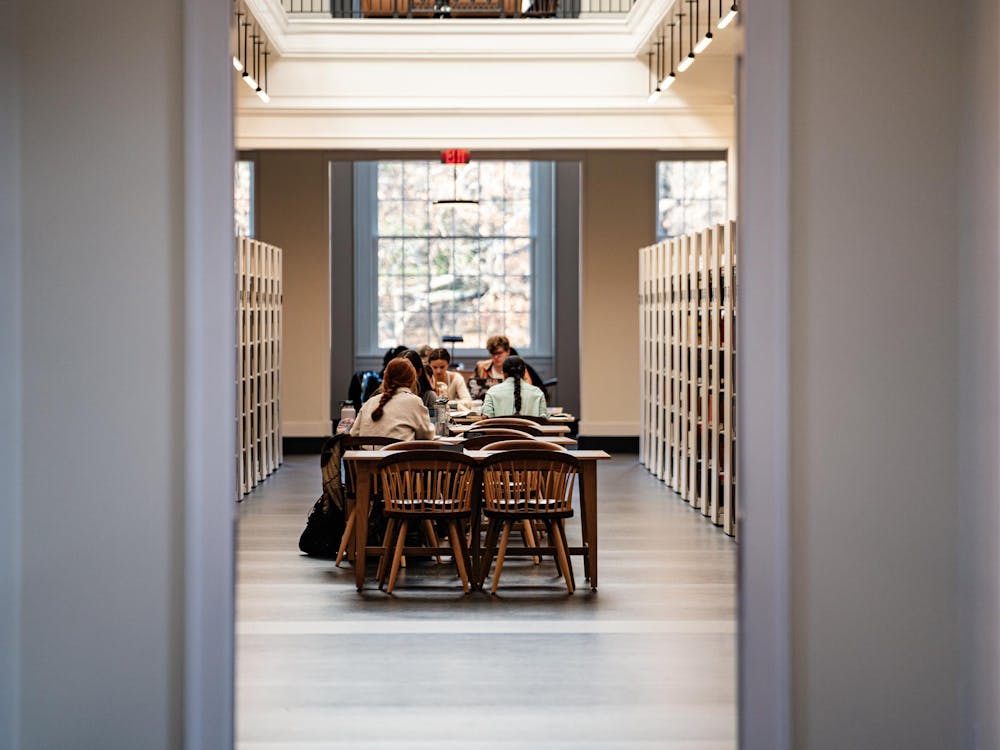Charlottesville City Council is deadlocked in deciding how to implement a Human Rights Commission in Charlottesville, with the December deadline for a proposed gameplan quickly approaching.
Council launched a 10-person human rights task force in February to investigate instances of bias or injustice in Charlottesville following a request from local diversity advocacy group, the Dialogue on Race.
The task force is split on whether the body would be endowed with the power to act as an investigative commission with enforcement authority — similar to the federal Equal Employment Opportunity Commission.
“Charlottesville has a pretty sordid history of racial discrimination, starting with slavery and Jim Crow, all the way to the history of closing the schools in Charlottesville during massive resistance and the destruction of Vinegar Hill — a mainly African-American neighborhood in the 60s,” said Walter F. Heinecke, former Dialogue on Race Steering Committee member.
Council members acknowledge the problem of discrimination in Charlottesville but are in disagreement about how best to implement the commission.
The proposed model resembles one that currently exists in Prince William County and is supported by the Charlottesville and Albermarle chapters of the NAACP, Virginia Organizing and PHAR, which is a public housing association.
Heinecke proposed the idea for a Human Rights Commission in October 2011, and Council in February this year voted 4 to 1 to conduct studies into the proposal for an additional year. The last meeting of the task force is Dec. 5, according to the City’s website.
“At this point after two years, we feel the time for talk has passed — its time to act,” Heinecke said.




